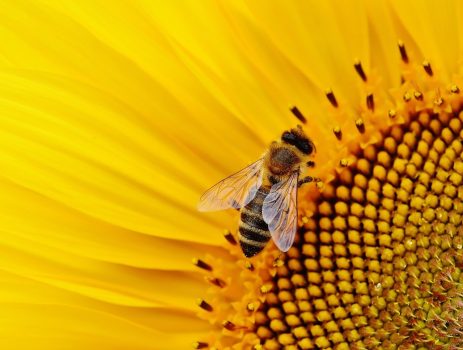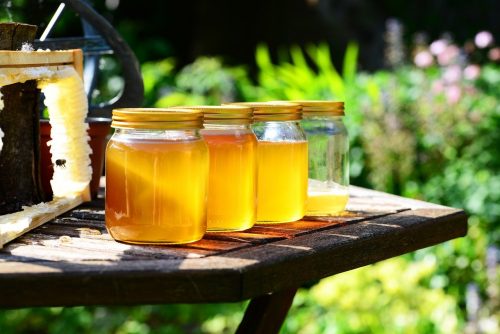Honeybee venom is effective in killing breast cancer cells, studies prove!
New research has found an incredible effect of the honey that could bring us a breakthrough in curing breast cancer. Catch the full details in our article right below!

Honeybee venom is effective in killing breast cancer cells, studies prove!
In a recent groundbreaking new Australian research, scientists have proven that honeybee venom could play a big part in treating hard-to-treat breast cancer cells. In detail, they found that it could rapidly kill aggressive cells. Furthermore, when combining existing chemotherapy drugs with the venom’s main component, it also helps reduce tumor growth in mice.
The study first went public through the Nature Precision Oncology journal. Additionally, it was conducted at Perth’s Harry Perkins Institute of Medical Research and as part of Dr. Ciara Duffy’s Ph.D. She hopes that such discovery will assist the development of a treatment for triple-negative breast cancer. If you didn’t know, they account for 10 to 15 percent of all breast cancers. So far, there are no efficiently targeted therapies yet.

Dr. Duffy also shared: “The venom from honeybees is remarkably effective in killing some of these aggressive breast cancer cells at concentrations; which aren’t as damaging to normal cells.” On the other hand, the research presented some interesting data. The honeybee venom contains a specific concentration that can kill off 100 percent triple-negative and HER2-enriched breast cancer cells. Moreover, it only takes around 60 minutes for this process with minimal effects on normal cells.
Bee venom harvested
Dr. Duffy chose to harvest the venom from honeybee hives at the University of Western Australia; plus other locations like Ireland and England. She claimed that the Perth bees are “some of the healthiest in the world.” They put the bees to sleep with carbon dioxide. “What melittin does is it actually enters the surface; or the plasma membrane, and forms holes or pores, and it just causes the cell to die,” Dr. Duffy added. Within 20 minutes, the melittin had shown another powerful effect: “We found it was interfering with the main messaging or cancer-signaling pathways; that are fundamental for the growth and replication of cancer cells.” Overall, she stressed that this is just the beginning, and they would need to do much more research.








